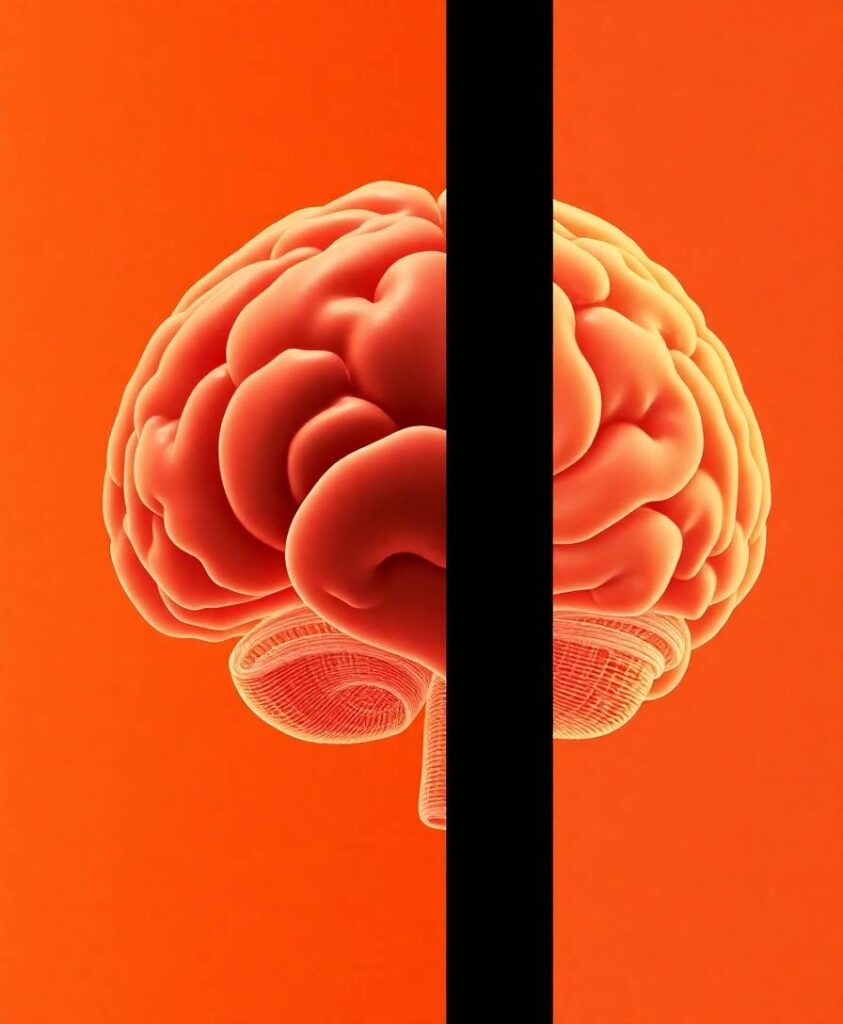Background: To study the extent that neuropsychiatric symptoms (NPS) influence the cognitive and functional decline in frontotemporal degeneration (FTD) and Alzheimer’s disease (AD).
Methods: We assessed the progression of NPS and their influence on cognitive and functional progression in a group of FTD [n=36] and AD patients [n=47] at two different stages of the disease (2.5 years). A standardized scale was used to assess NPS – Columbia University Scale for Psychopathology in Alzheimer’s Disease (CUSPAD), which tracks different symptoms including depression, psychotic symptoms, as well as sleep, and conduct problems. In addition, in a subsample of patients (AD n=14 and FTD n= 14), we analyzed another group of NPS by using the Neuropsychiatric Inventory (NPI). Cognitive declines were tracked by using the Montreal Cognitive Assessment (MoCA), the Mini-mental state examination (MMSE); and functionality was tracked by using the Lawton scale and the Barthel Index.
Results: The presence of NPS impacts cognitive and functional decline in both groups of patients 2.5 years after disease onset. However, we observed a dissociable profile of the affectation of NPS in each group. In the AD group, results indicate that the progression of depressive symptoms and sleep problems predict cognitive and functional decline. In contrast, the progression of a mixed group of NPS including conduct problems and delusions predict cognitive and functional decline in FTD.
Conclusion: The presence of NPS have a critical impact on the prediction of cognitive decline in FTD and AD patients after 2.5 years of disease progression. Our results demonstrate the importance of assessing different types of NPS in neurodegenerative disorders which in turn, predict disease progression. Future studies should assess the role of NPS in predicting different neurocognitive pathways and in neurodegeneration.
Keywords: Frontotemporal dementia, Alzheimer’s disease, behavioral disturbances, depression, cohort studies, assessment of cognitive disorders/dementia.








